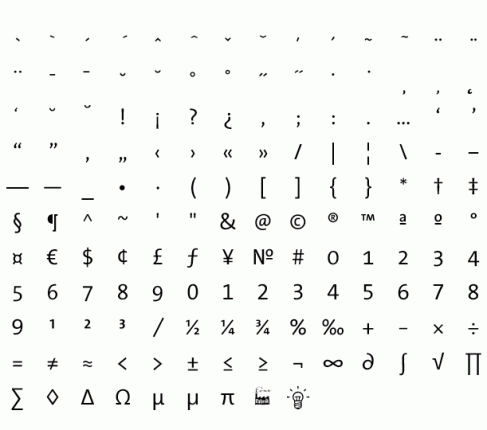Debate Punctuation on Facebook? You’d Be an Asterisk It!
If you want to provoke a raging argument on Facebook, forget about politics or religion. Try asking a question about punctuation.
Recently, I was castigated by an extraordinarily literate FB friend for the punctuation of the name of this blog. She contended that the possessive form of my last name should be “Atkins’s” but (as you can see above) I prefer to leave the last “s” off. I was taught in seventh grade that to make a name that ends with an “s” possessive, one simply adds an apostrophe. No extra “s” is required. It was quite frowned upon, really.
But the other day, I checked a couple of style manuals and learned that there is no consensus on this point. The AP and Chicago stylebooks say no extra “s”, while “Strunk & White” insists on it. I put out a call on FB, and I might as well have added, “Let slip the dogs of war!”
Perhaps because so many of my FB friends are accomplished writers, punctuation tends to be a bit of an emotional issue. Ask “Does the period go inside or outside the parentheses?” Then pour yourself a glass of wine and get ready to rumble.
Sadly, of course, I have experienced many self-inflicted punctuation wounds, not because I don’t know the right usage, but because in haste I sometimes just misplace a comma or commit some other infraction. I can live with myself. But I always cringe when I go back over something I wrote a week or two (or a year) ago and see a glaring error. By the way, I am not talking about the goblins in my BlackBerry, although I don’t, to quote the typical email signature note, “forgive any typos” in other people’s BB missives; give it a once-over before sending, okay? (And I’m not even going to bother discussing the abandonment of punctuation in SMS. Repent, and sin no more!)
If you dare, ask about the Oxford comma. That’s the comma that some say should follow each item in a list of three or more. “Apples, oranges, and pears” is an example. Some style books dictate that the last comma should be deleted: “Apples, oranges and pears.” Actually, I first learned to use the Oxford comma, and then was forced in school to eliminate it. It was rather like the way, in the early years of the last century, lefties were forced to learn to write with their right hands. It was really uncomfortable at first but eventually it became natural to me. For an amusing discussion about the Oxford comma, see this video of the band Vampire Weekend, on The Colbert Report: http://www.colbertnation.com/the-colbert-report-videos/310042/june-03-2010/vampire-weekend. Their song, “Who gives a f*** about the Oxford comma?” gives Colbert a fit. Because punctuation is a very emotional issue!
The reason people get so worked up about grammar and punctuation may also stem from the unintended (and often hilarious) outcomes from errors in usage. People oftenreach for their favorite style manual to bolster their argument – to them it’s the final authority. But sometimes a slavish adherence to a style manual can get you in big trouble.
Years ago, while working at a big New York PR firm, I had as a client a local savings bank. We had helped it with a really successful Initial Public Offering. The longtime CEO made a fortune and retired; shortly after, a new CEO was named. We wanted to impress him with our media relations savvy and crafted a poetic press release announcing his arrival. The headline read “Anchor Savings Bank Appoints James Large as CEO” and after securing the requisite client approvals, we sent it off to one of the press release distribution services.
A couple of hours later, the release went out on US 1, the PR equivalent of carpet bombing, with the headline, “Anchor Savings Bank Appoints Large CEO.” The next morning, the clips started rolling in. The most memorable was (of course) in the New York Post. Their headline: “A Big Man for a Big Job”.
I called the newswire service rep and said, “Why the hell did you change my headline?”
Rep: “We use the AP Style Manual, which says we should use just the last name in a headline. And it got great pick-up!”
Me: “Well, it sure did. More coverage than I wanted. Do not send a bill!” Wise of me, since we were the ex-agency before the end of that conversation.
I’d love to hear your thoughts on esses and apostrophes, the Oxford Comma or other examples of painful punctuation!

